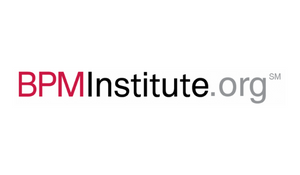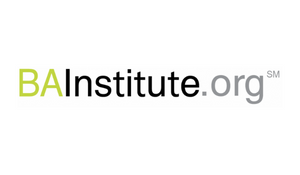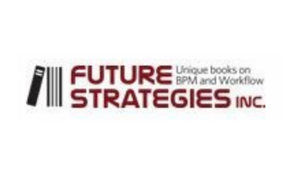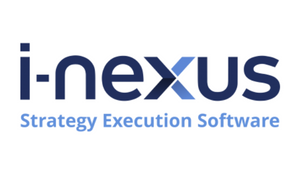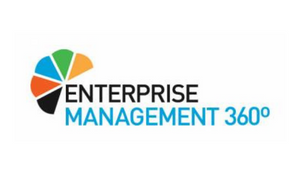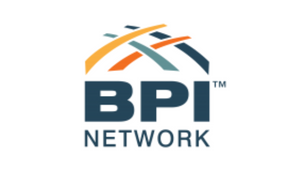




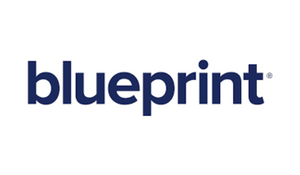

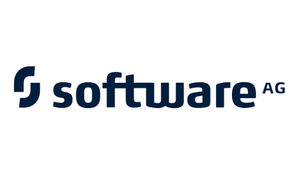

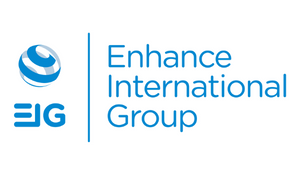
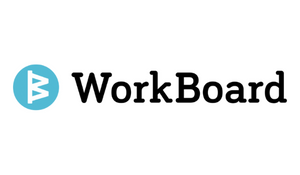



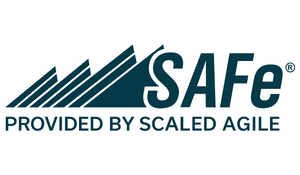







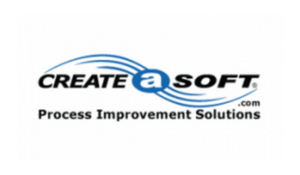








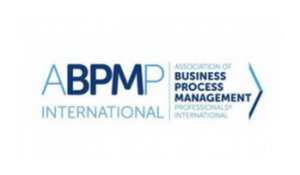
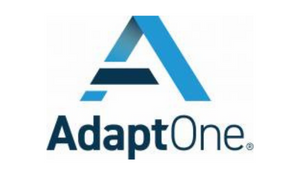
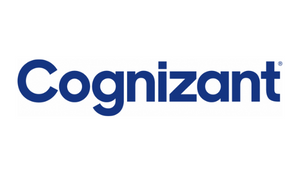

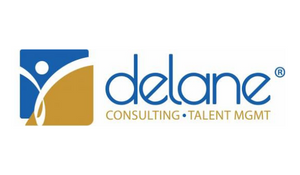

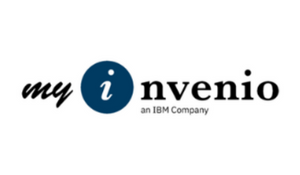

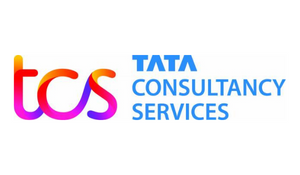
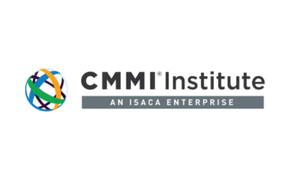
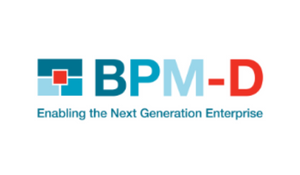

Discover the crucial role of a business transformation program manager in driving change and achieving success.
-1.png?width=600&height=350&name=COMPANY%20LOGO%20(54)-1.png)
A business transformation program manager plays a critical role in driving change within an organization. They are responsible for overseeing and implementing strategic initiatives that aim to improve business operations and achieve long-term goals. The program manager serves as a bridge between the executive team and the employees, ensuring that the transformation program aligns with the company's vision and objectives.
One of the main responsibilities of a business transformation program manager is to develop a comprehensive understanding of the organization's current state and identify areas for improvement. They need to assess the company's strengths, weaknesses, opportunities, and threats to formulate an effective transformation strategy. By having a clear understanding of the organization's goals and challenges, the program manager can develop a roadmap for change.
Additionally, the program manager facilitates communication and collaboration among different departments and stakeholders. They act as a liaison between the executive team, project managers, and employees, ensuring that everyone is on the same page and working towards the common goal. Effective communication is crucial in driving successful change, as it helps to manage expectations, address concerns, and promote buy-in from all parties involved.
Furthermore, the program manager is responsible for overseeing the implementation of the transformation initiatives. They need to create a project plan, allocate resources, and monitor progress to ensure that the program stays on track. They also need to identify and mitigate risks that may arise during the transformation process, making adjustments as necessary to maintain momentum and achieve desired outcomes.
In summary, the role of a business transformation program manager is multifaceted. They are responsible for understanding the organization's current state, developing a transformation strategy, facilitating communication and collaboration, and overseeing the implementation of initiatives. By effectively fulfilling these responsibilities, program managers can drive successful change and help the organization achieve its goals.
As a business transformation program manager, there are several key responsibilities that you need to fulfill to drive successful change. These responsibilities include:
1. Developing a clear understanding of the organization's current state and goals: To effectively drive change, you need to have a comprehensive understanding of the organization's strengths, weaknesses, opportunities, and threats. This understanding will help you develop a transformation strategy that aligns with the company's vision and objectives.
2. Creating a roadmap for change: Once you have identified the areas for improvement, you need to develop a detailed plan that outlines the steps, resources, and timeline for implementing the transformation initiatives. This roadmap will serve as a guide throughout the process and help you stay organized and focused.
3. Facilitating communication and collaboration: Communication is key in driving successful change. As a program manager, you need to ensure that there is open and transparent communication among different departments, stakeholders, and project managers. This will help manage expectations, address concerns, and promote buy-in from all parties involved.
4. Overseeing the implementation of initiatives: You are responsible for overseeing the execution of the transformation initiatives. This includes allocating resources, monitoring progress, and making adjustments as necessary. By closely monitoring the implementation process, you can identify and mitigate risks, ensuring that the program stays on track.
5. Measuring and evaluating the outcomes: To determine the success of the transformation program, you need to establish key performance indicators (KPIs) and regularly measure and evaluate the outcomes. This will help you identify areas for improvement and make necessary adjustments to achieve desired results.
By fulfilling these key responsibilities, you can effectively drive change and help your organization achieve its goals.
Having a skilled business transformation program manager can bring several benefits to an organization. These benefits include:
1. Expertise and knowledge: Skilled program managers have the expertise and knowledge to navigate complex transformation initiatives. They understand the challenges and risks involved in driving change and can develop strategies to overcome them. Their experience allows them to anticipate potential roadblocks and make informed decisions, ensuring the success of the program.
2. Effective project management: Program managers are skilled in project management, which is crucial in driving successful change. They can create detailed project plans, allocate resources, and monitor progress to ensure that the program stays on track. Their project management skills help them identify and mitigate risks, making adjustments as necessary to achieve desired outcomes.
3. Stakeholder management: Skilled program managers excel in stakeholder management. They can effectively communicate and collaborate with different departments, project managers, and stakeholders, ensuring that everyone is aligned and working towards the common goal. Their ability to manage expectations, address concerns, and promote buy-in from stakeholders is crucial in driving successful change.
4. Strategic thinking: Skilled program managers are strategic thinkers. They can develop a clear vision for the transformation program and align it with the organization's goals and objectives. Their strategic thinking allows them to identify opportunities for improvement and develop innovative solutions to drive change.
5. Continuous improvement: Skilled program managers are committed to continuous improvement. They regularly measure and evaluate the outcomes of the transformation program, identifying areas for improvement and making necessary adjustments. Their dedication to continuous improvement ensures that the organization achieves long-term success.
In summary, having a skilled business transformation program manager brings expertise, effective project management, stakeholder management, strategic thinking, and a commitment to continuous improvement. These benefits contribute to the success of the transformation program and help the organization achieve its goals.
While driving change is crucial for an organization's success, business transformation program managers often face various challenges. Some of the common challenges include:
1. Resistance to change: Change can be met with resistance from employees and stakeholders who are comfortable with the status quo. Overcoming resistance and promoting buy-in is a significant challenge for program managers.
2. Lack of alignment: Ensuring alignment among different departments and stakeholders can be challenging, especially in large organizations with diverse teams. Program managers need to facilitate communication and collaboration to ensure everyone is working towards the same goal.
3. Limited resources: Business transformation programs often require significant resources, including financial, human, and technological. Program managers need to effectively allocate resources and make strategic decisions to overcome resource limitations.
4. Uncertainty and risk: Transformation initiatives come with inherent uncertainties and risks. Program managers need to identify and mitigate risks, making necessary adjustments to keep the program on track and minimize potential negative impacts.
5. Managing expectations: Program managers need to manage expectations from various stakeholders, including the executive team, employees, and customers. Balancing expectations and delivering results can be challenging, especially when faced with time and resource constraints.
Despite these challenges, skilled program managers can overcome them through effective leadership, communication, and decision-making. By addressing the challenges head-on and leveraging their expertise, program managers can drive successful change and achieve positive outcomes for the organization.
Effective program management is crucial in driving successful change within an organization. Here are some key strategies to drive successful change:
1. Establish a clear vision and goals: A clear vision and goals provide a direction for the transformation program. They help align the efforts of all stakeholders and provide a roadmap for change. It is important to communicate the vision and goals to ensure everyone understands the purpose and benefits of the program.
2. Develop a comprehensive plan: A comprehensive plan outlines the steps, resources, and timeline for implementing the transformation initiatives. It helps keep the program organized and on track. The plan should be flexible enough to accommodate unforeseen challenges and adjustments.
3. Communicate effectively: Effective communication is essential in managing expectations, addressing concerns, and promoting buy-in from stakeholders. Program managers should ensure open and transparent communication among all parties involved. Regular updates and progress reports can help keep everyone informed and engaged.
4. Foster collaboration: Collaboration among different departments and stakeholders is crucial in driving successful change. Program managers should facilitate collaboration by creating opportunities for cross-functional teams to work together and share knowledge and expertise. Collaboration can lead to innovative solutions and better outcomes.
5. Monitor progress and make adjustments: Program managers should closely monitor the progress of the transformation initiatives and regularly evaluate the outcomes. This allows them to identify areas for improvement and make necessary adjustments to keep the program on track. Monitoring progress helps ensure that the program stays aligned with the organization's goals.
6. Celebrate milestones and achievements: Recognizing and celebrating milestones and achievements can boost morale and motivation among employees. Program managers should acknowledge the efforts and successes of individuals and teams involved in the transformation program. Celebrating milestones can create a positive culture of change and encourage continued commitment.
By implementing these strategies, program managers can drive successful change and help the organization achieve its goals. Effective program management is the key to unlocking the full potential of a business transformation program.
.png?width=600&height=350&name=COMPANY%20LOGO%20(42).png) Case Studies: Successful Business Transformation Driven by Thought Leaders
Case Studies: Successful Business Transformation Driven by Thought Leaders
Real-world case studies serve as valuable examples of successful business transformation driven by thought leaders. By attending BTOES.com, you will have the opportunity to learn from these case studies and gain insights into the strategies, approaches, and outcomes of successful business transformation initiatives.
These case studies will showcase how thought leaders have navigated challenges, mobilized stakeholders, developed and executed business transformation plans, and achieved sustainable change. By understanding these real-world examples, organizations can gain inspiration, learn from best practices, and adapt successful strategies to their own business transformation journeys.
View our schedule of industry leading free to attend virtual conferences. Each a premier gathering of industry thought leaders and experts sharing key solutions to current challenges.
View Schedule of EventsWelcome to BTOES Insights, the content portal for Business Transformation & Operational Excellence opinions, reports & news.
-------------------------------------------------------
Search for anything
Insights from the most progressive thought leaders delivered to your inbox.
Insights from the world's foremost thought leaders delivered to your inbox.
Being a hero is all about creating value for others. Please invite up to 5 people in your network to attend this premier virtual conference, and they will receive an invitation to attend.
If it’s easier for you, please enter your email address below, and click the button, and we will send you the invitation email that you can forward to relevant people in your network.
View our schedule of industry leading free to attend virtual conferences. Each a premier gathering of industry thought leaders and experts sharing key solutions to current challenges.
View Schedule of EventsWatch On-Demand Recording - Access all sessions from progressive thought leaders free of charge from our industry leading virtual conferences.
Watch On-Demand Recordings For FreeDelivered by the industry's most progressive thought leaders from the world's top brands. Start learning today!
View All Courses NowThe premier Business Transformation & Operational Excellence Conference. Watch sessions on-demand for free. Use code: BFH1120
Watch On-DemandInsights from the most progressive thought leaders delivered to your inbox.
Insights from the world's foremost thought leaders delivered to your inbox.
Being a hero is all about creating value for others. Please invite up to 5 people in your network to also access our newsletter. They will receive an invitation and an option to subscribe.
If it’s easier for you, please enter your email address below, and click the button, and we will send you the invitation email that you can forward to relevant people in your network.
Courtesy of Nintex Pty's Paul Hsu, below is a transcript of his speaking session on 'Improve employee productivity during and post-COVID by ...
Read this article about HP, Best Achievement in Operational Excellence to deliver Digital Transformation, selected by the independent judging panel, ...
Read this article about BMO Financial Group, one of our finalists, in the category Best Achievement in Operational Excellence to deliver Digital ...
Read this article about Cisco, one of our finalists, in the category Best Achievement of Operational Excellence in Internet, Education, Media & ...


